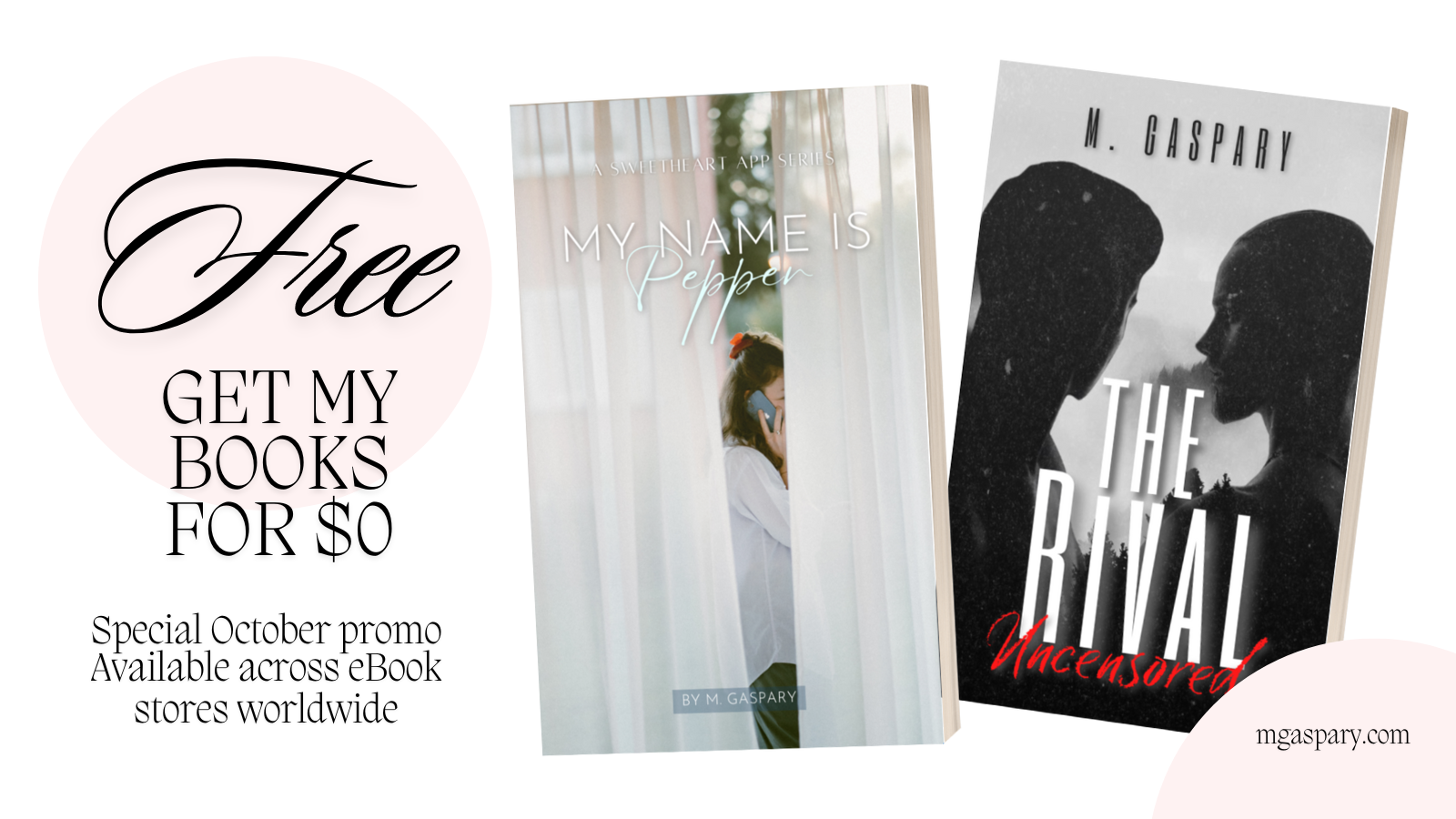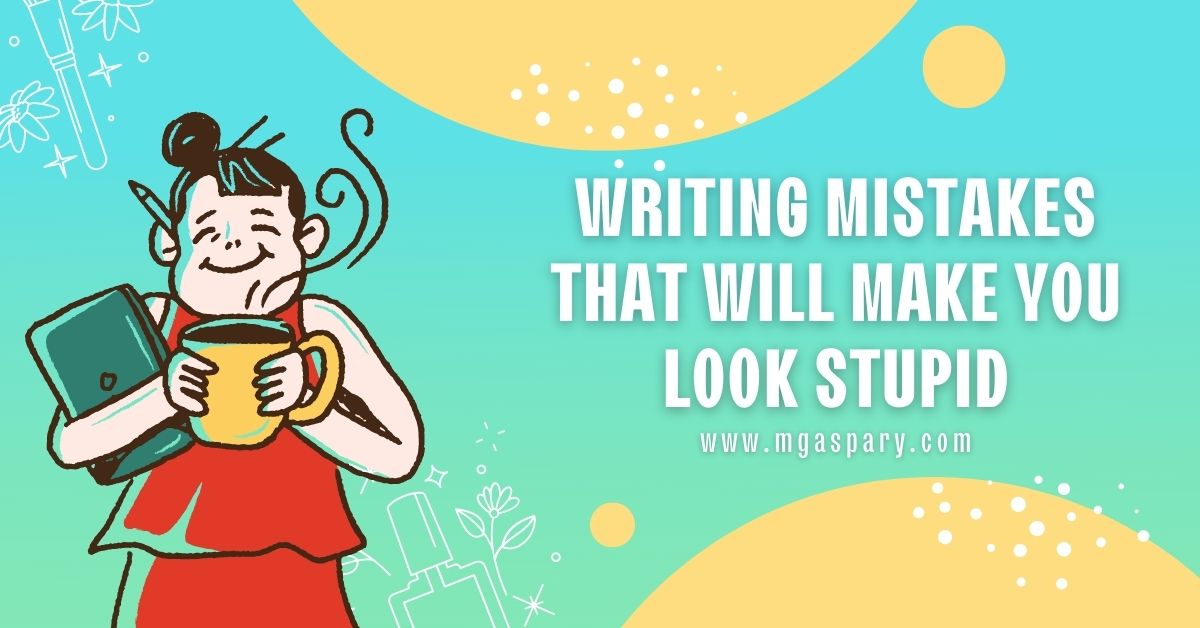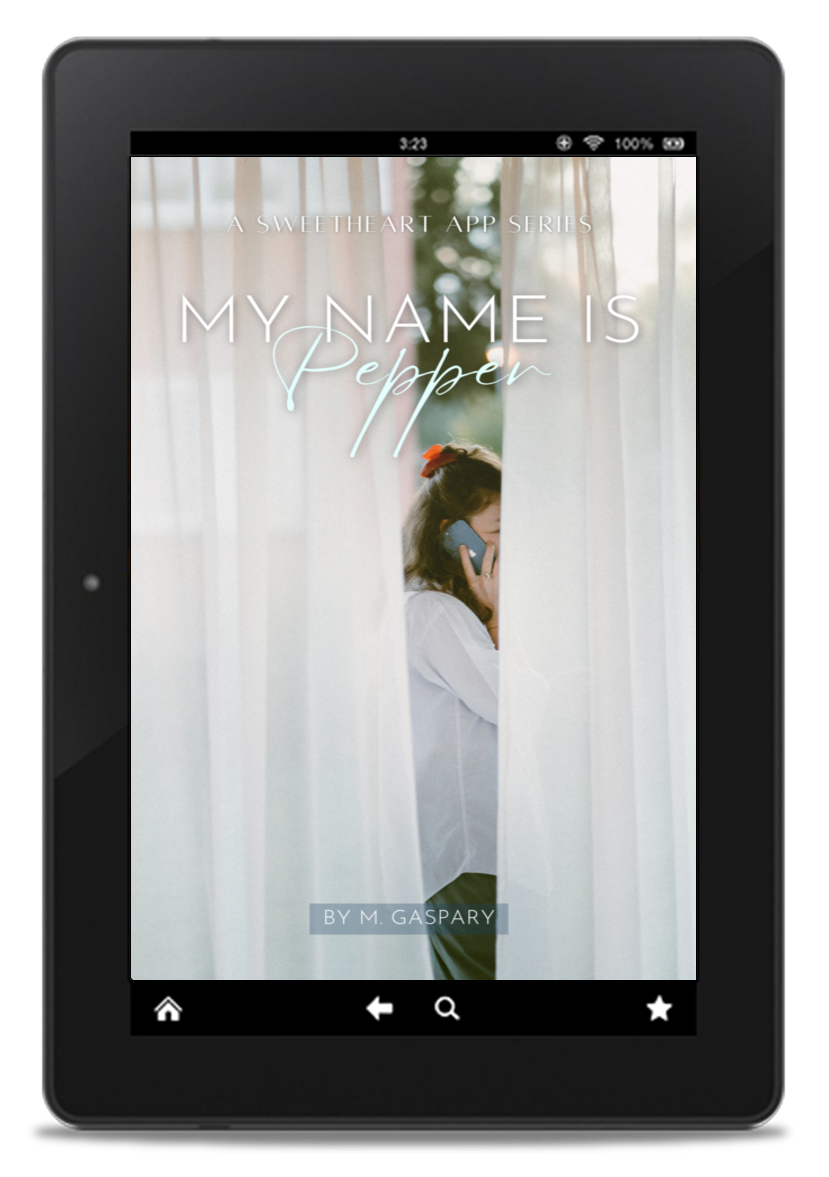Go and make interesting mistakes, make amazing mistakes, make glorious and fantastic mistakes. Break rules. Leave the world more interesting for your being here. Make. Good. Art.
Neil Gaiman, English author of short fiction, novels, comic books, graphic novels, nonfiction, audio theatre, and films.
If you are a freelance writer, regardless of whether you are a complete beginner or an established writer, it’s only human to strive hard not to commit writing mistakes. It remains an inevitable honest mistake for the majority of writers. However, we must remember that ensuring your marketability and the profitability of your writing business requires the delivery of quality work.
One of the best approaches is identifying the most common writing mistakes many writers don’t often notice until alarmed. In this post, you will learn the top ten (10) among those that make your work sound stupid and amateur. So, it’s better to take note of these and apply what you’ve learned in your writing project to increase your chances of getting a writing job.
Table of Contents
- Should Writers Choose Style VS Grammar?
- 10 Writing Mistakes That Make Your Content Sound Stupid
- 1. Using filler words.
- 2. Incorrect use of articles.
- 3. Lack of solid introduction hooks.
- 4. Lack of copywriting.
- 5. Lack of effective storytelling techniques
- 6. Using “to be able to” instead of “can.”
- 7. Using “have the capacity to” instead of “can.”
- 8. Writing content without compelling endings.
- 9. Ignoring the 3 critical components in content writing.
- 10. Not using solid headlines.
- Conclusion – My Final Thoughts on the Top Writing Mistakes
Should Writers Choose Style VS Grammar?
Lately, I had an interesting encounter with a writer on LinkedIn that reminded me of some important lessons. She barely had 2 years of professional writing experience, I suppose. Despite that, she seemed confident in defending her statement that writers should choose between style and grammar.
To my surprise, I responded nicely, but she went havoc and exclaimed her writing history—that she has been writing all her life. Why would she assume I didn’t do the same thing?
It is not surprising as most writers have been writing their whole life, too. The point is, how long was she writing professionally? I mean, how long did she professionalize her skills? I don’t mean to pry, but I can’t help but ask whether she has the credentials to defend her claim. That, I don’t know.
I bring that up because I don’t want you to choose between style and grammar to avoid writing mistakes. For beginners to understand the consequences, I have two (2) powerful reasons why, as you can see below:
- First, I don’t want you to immediately sound like a fool and lose your reputation.
- Second, I don’t want you to lose your writing voice to make money as a freelancer.
Are you getting my point?
To better understand the significance of learning the top 10 writing mistakes, let’s look at how successful writers reach the pinnacle of success through effective writing. When you figure out the secrets of their writing success, you can incorporate these strategies into your writing project.
Are you ready? Let’s begin.
10 Writing Mistakes That Make Your Content Sound Stupid
- Using filler words
- Incorrect usage of articles “a,” “an,” and “the”
- Lack of solid introduction hooks
- Lack of copywriting
- Lack of effective storytelling techniques
- Using “to be able to” instead of “to”
- Using “have the capacity to” instead of “can”
- Writing content without compelling endings
- Ignoring the critical components in content writing
- Not using powerful headlines
1. Using filler words.
Filler words are known as “unnecessary words” by definition. It can mark a pause as a word, phrase, or sound. For example, um, like, okay, right, or you know.
Grammarly provided a few words and phrases on its list that we should avoid using. Although it is challenging to make this change, it helps improve your content 100%.
What are some examples of filler words?
- Basically
- Just
- Very/really/highly
- Needless to say
- For what it’s worth
- In my humble opinion
If you want to find out more filler words you should avoid in your writing, I suggest you read IvyPanda’s comprehensive guide to filler words.
2. Incorrect use of articles.
It includes the incorrect use of “a,” “an,” and “the” in a sentence. It is often one of the biggest mistakes most non-native speakers commit in writing.
English isn’t our mother tongue, and the articles we use in our first language don’t matter. As a result, we often neglect their proper usage in our works.
3. Lack of solid introduction hooks.
I learned this for the first time when I stumbled upon Jon Morrow’s blog 5 years ago. You can check his latest posts on his official website.
He said that catching the reader’s attention from the beginning is beneficial. As you may know, we are trying hard to get people’s attention as long as possible.
The best approach is to introduce the topic in a mind-boggling way. Start with an intriguing question or powerful question. Even if you write an article for a client, incorporating strong introduction hooks in your content remains applicable.
For example, “Do you feel that?” or “Let’s be honest.”
Does that create a different feeling versus jumping into the topic per se? Just because you’re writing boring content doesn’t mean it has to be genuinely dull.
As you notice, it applies a bit of copywriting, which I will discuss in a second. The reason for doing this is to use some ingredients of public speaking in our writing. Once you do, it makes exponential changes in your content and tone in its entirety.
4. Lack of copywriting.
As I mentioned earlier, content writing with a bit of copywriting can spice up your storytelling strategy. Again, it doesn’t mean if you’re writing an article, it should be mundane compared to writing a blog post.
I attended Jon Morrow’s webinars years ago and learned that adding empathetic questions will tug sensations from the heart, making your content more appealing to the audience.

A Mostista’s “Emotional Connection: The Top Line” study mentioned how “activating emotional connection” enables businesses to accelerate. We’re talking about companies that belong to the Fortune 100, by the way.
According to the research, emotionally-connected businesses had a 52% increase in value than their competitors. It means those that inculcate freedom, success in life, fit in, and family in their business models.
“Emotion is business currency, but we don’t manage it like a business,” says Alan Zorfas, Motista co-founder.
5. Lack of effective storytelling techniques
Have you noticed how writers on Thought Catalog or Medium wrote their pieces?
Most of them started with storytelling. Why is that so?
I have said many times in my post that storytelling isn’t limited to fiction only. The techniques apply to many aspects of content writing. It has the same way you are telling the story. You can measure your content’s effectiveness by how clear your audience understands the problem and the solutions you have for them.

6. Using “to be able to” instead of “can.”
It is what I have often observed from Filipino speakers. My theory is our language is heavily rooted in the Spanish language. One of the first editors who worked with me 7 years ago told me the same thing.
To avoid this, we only say “to” instead of using the prepositional phrase “to be able to,” which is unnecessary and wordy.
For example,
Original: “I will get into the entrance to be able to get inside the building.”
Revised: “I will get into the entrance to get inside the building.”
7. Using “have the capacity to” instead of “can.”
I honestly made a series of mistakes like this in most of my articles in the past. As I mentioned, it is probably because my language is heavily rooted in Spanish.
Similar to the previous point, using the phrase is wordy to describe volume or capability. Rather than “have the capacity to,” Grammarly suggests shortening it to “can.” In that way, it makes your content concise, which is more appealing to editorial standards.
8. Writing content without compelling endings.
Jon Morrow also suggested that your content should bring changes when your readers come across it somewhere on the internet, regardless of your target goals and market. According to him, every person should ignite passion and encouragement. It should induce transformation in someone.
9. Ignoring the 3 critical components in content writing.
Now, let’s go back to the basics of an essay. Why would we have to do that? It is because I noticed in a lot of articles today some writers don’t pay attention to the following:
- Introduction
- Body
- Conclusion
Your thought arrangement in the articles or blog posts depends on the manner your introduction, body, and conclusion flow.
Mecyll Gaspary
If you think they aren’t beneficial in content writing, it’s a big mistake. Your thought arrangement in the articles or blog posts depends on how your introduction, body, and conclusion flow.
When the flow is absent, it will mess up the point of your writing without a doubt. Take it from my 7-year professional writing experience, my friend. Trust me. If you want to improve your writing skills, reviewing the basics is best.
10. Not using solid headlines.
Your headlines are part—should be part—of your marketing strategy. In one post wherein I discussed writing epic and killer blog posts, your headlines are business signages. They should stand out from the rest of the competitors. If you don’t know, the Google search results display around 7 to 10 posts, excluding the ads. That means you only have 7 to 10 chances to get to the top search results.
Therefore, you fight with thousands of great writers worldwide to earn that space! Google only provides 7 to 10 vacant spots, and only the best articles have higher chances of getting one. Do you get what I mean?
So, good headlines comprise:
- emotional connections
- SEO
- “3-Part Rule”
For example, “23 Inspiring Writing Stories That Show How They Fail, Survived, and Succeeded.”
| SEO keyword: inspiring writing stories |
| Compelling ingredient of the headline: 23 inspiring writing stories (Your audience will assume that post is longer, has more value, and most recently, because of “23.”) |
| Applying the 3-part rule: “how I failed, survived, and succeeded” |
Conclusion – My Final Thoughts on the Top Writing Mistakes
I collected the top 10 writing mistakes last year based on my observations among non-native speakers on YouTube and social media accounts. I wrote them on index cards for record-keeping because I knew I would write about them someday.
So, there you go, my friend. These are the top writing mistakes I often observed from most writers, primarily non-native-speaking freelance writers. As I mentioned earlier, it’s linguistically involved from our mother tongues.
With that said, once we practice avoiding these mistakes, it will significantly change how we write our articles and blog posts—turn out more professional and acceptable, especially for native speakers. See you again soon!
If you find this post helpful, I would appreciate it if you would share it with your friends and family. If you have something more to add or if you want to share your thoughts, please leave them in the comment section below. Thank you! 🙂




Leave a Reply